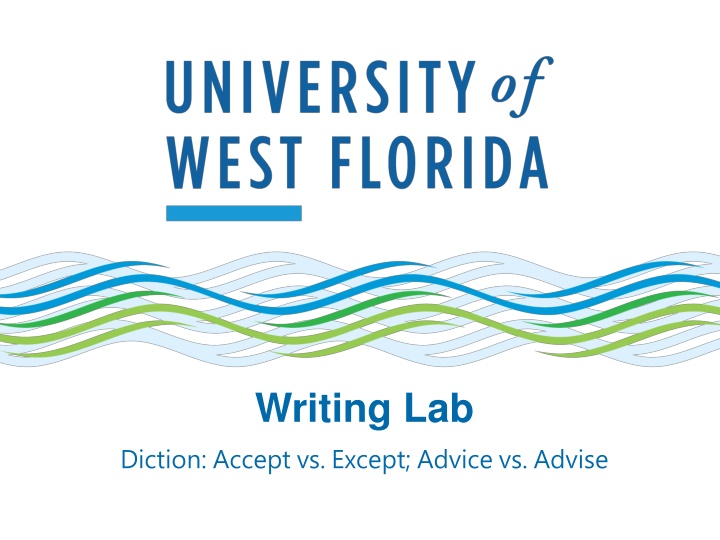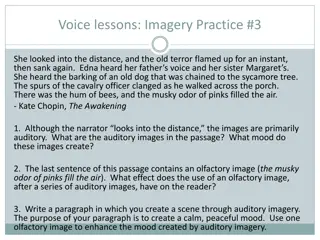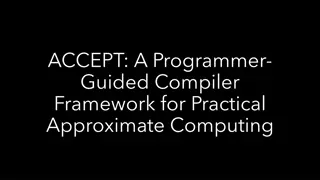Diction in Grammar: Accept vs. Except, Advice vs. Advise
Understand the distinctions between commonly confused word pairs in English grammar: "accept" vs. "except" and "advice" vs. "advise." Practice examples provided to enhance comprehension and usage accuracy.
Download Presentation

Please find below an Image/Link to download the presentation.
The content on the website is provided AS IS for your information and personal use only. It may not be sold, licensed, or shared on other websites without obtaining consent from the author.If you encounter any issues during the download, it is possible that the publisher has removed the file from their server.
You are allowed to download the files provided on this website for personal or commercial use, subject to the condition that they are used lawfully. All files are the property of their respective owners.
The content on the website is provided AS IS for your information and personal use only. It may not be sold, licensed, or shared on other websites without obtaining consent from the author.
E N D
Presentation Transcript
Writing Lab Diction: Accept vs. Except; Advice vs. Advise
Accept vs. Except Accept is always a verb. It means to take or receive, consent to receive; say yes to. Except is most commonly used as a preposition meaning but. A similarity in sound often causes confusion in the use of these two words.
Practice: Accept vs. Except I (accepted/excepted) the invitation to the party. I accepted the invitation to the party. All the employees (accept/except) Bill received a bonus. All the employees except Bill received a bonus.
Advice vs. Advise Advice is a noun meaning counsel or recommendation. Advise, the verb, means to counsel or recommend. A similarity in spelling often causes confusion in the use of these two words.
Practice: Advice vs. Advise Do not (advice/advise) others unless you give helpful (advice/advise.) Do not advise others unless you give helpful advice. I (advise/advice) you to take the advise/advice of your attorney. I advise you to take the advice of your attorney.
Thats all, folks! This lesson is part of the UWF Writing Lab Grammar Mini-Lesson Series Lessons adapted from Real Good Grammar, Too by Mamie Webb Hixon To find out more, visit the Writing Lab s website where you can take a self-scoring quiz corresponding to this lesson























